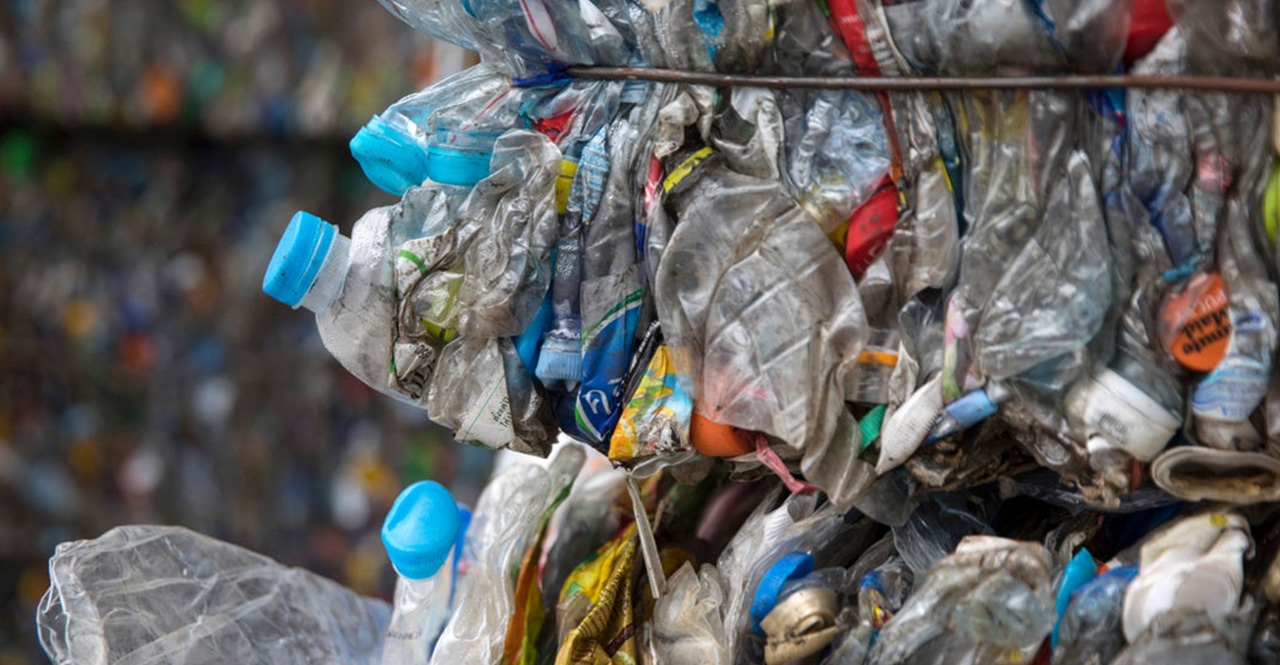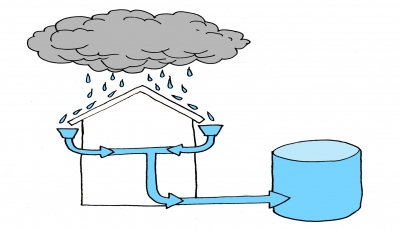Professional Advice on Reclaim Waste Liquid Waste Removal and Industrial Waste Water Treatment
Professional Advice on Reclaim Waste Liquid Waste Removal and Industrial Waste Water Treatment
Blog Article
Fostering Source Effectiveness and Environmental Protection Through Fluid Waste Removal Programs
In the world of environmental stewardship, the administration of fluid waste stands as a vital time where source performance and ecological protection merge. Through a lens of proactive engagement and tactical insight, the landscape of fluid waste management unveils a tapestry of challenges and possibilities that beckon us to explore the path in the direction of a greener and even more sustainable future.
Significance of Liquid Waste Removal
The importance of liquid waste removal hinges on its essential function in maintaining ecological health and wellness and safeguarding public well-being. Liquid waste, otherwise properly handled, can position major risks to ecological communities, water resources, and human health and wellness. With efficient elimination processes, harmful substances such as chemicals, contaminants, and pathogens are avoided from contaminating the environment and creating damaging effects.
Correct fluid waste removal additionally assists in stopping the spread of diseases and lowering the capacity for groundwater contamination. By safely getting rid of fluid waste, the threat of waterborne health problems and pollution-related health concerns is substantially minimized - Reclaim Waste. Furthermore, effective elimination methods add to preserving the total cleanliness and aesthetics of areas, thereby boosting the lifestyle for homeowners
Additionally, fluid waste elimination plays an important duty in supporting lasting development and making sure conformity with environmental guidelines. By sticking to appropriate waste administration methods, industries and companies can lower their ecological impact and show corporate responsibility. Eventually, investing in durable fluid waste elimination programs is crucial for advertising ecological stewardship and fostering a healthier, safer future for all.

Advantages of Efficient Disposal
Efficient disposal of fluid waste not only safeguards environmental health and public wellness yet likewise produces countless benefits that expand past instant containment actions. Through processes like recycling and power recuperation, useful sources can be extracted from fluid waste, advertising sustainability and reducing the pressure on raw products. In general, the benefits of effective fluid waste disposal are complex, incorporating environmental defense, resource efficiency, and financial benefits.
Technologies for Waste Therapy
Using advanced modern technologies for waste therapy plays a vital function in making sure the efficient administration and risk-free disposal of fluid waste. One of the key innovations employed in fluid waste therapy is organic therapy. This approach makes use of microorganisms to break down raw material in the waste, converting it right into safe results. Another usual technology is chemical therapy, where chemicals are included to the waste to neutralize hazardous components or precipitate pollutants for removal. Physical therapy approaches, such as filtration and sedimentation, are additionally widely made use of to separate solids from fluid waste.
Advanced oxidation processes (AOPs) have actually gained popularity for their ability to degrade persistent organic toxins in liquid waste via the generation of extremely responsive hydroxyl radicals. Membrane layer modern technologies like reverse osmosis and ultrafiltration are effective for separating impurities from fluid waste streams. Additionally, thermal therapy methods such as incineration can be utilized for the full destruction of dangerous parts in fluid waste. In general, the assimilation of varied treatment innovations makes sure comprehensive and eco-friendly administration of fluid waste.
Role of Regulations and Compliance
In the world of liquid waste management, adherence to regulatory structures and conformity criteria is extremely important for guarding ecological wellness and sustainability. Rules play an important function in regulating the appropriate handling, treatment, and disposal of liquid waste to avoid damage to ecological communities and human wellness. By developing clear standards and requirements, governing bodies make sure that services and people associated with fluid waste administration operate in an environmentally responsible fashion.
Conformity with these policies is not only a legal requirement but additionally a moral responsibility to protect the setting for future and current generations. It includes applying finest methods in waste collection, disposal, transportation, and therapy to lessen environmental influence and advertise resource performance. Non-compliance can lead to fines, lawsuit, and reputational damages for organizations, highlighting the value of supporting governing requirements.

Future Trends in Waste Monitoring

One more essential trend in waste management is the fostering of sophisticated data analytics visit this site and expert system to maximize waste collection courses, enhance sorting procedures, and boost general operational performance. These modern technologies allow waste management companies to make data-driven choices, resulting in cost financial savings and environmental benefits.
In addition, there is an expanding emphasis on the growth of decentralized waste administration systems, such as onsite treatment centers and mobile waste handling units. These systems provide flexibility and scalability, allowing for extra efficient waste handling in diverse settings.
Final Thought
In conclusion, cultivating resource performance and environmental defense with fluid waste removal programs is critical for sustainable development. Reliable disposal methods, progressed technologies for waste therapy, and strict guidelines play key duties in reducing ecological impact. Looking in advance, continuous advancement and renovation in waste administration techniques will be necessary for dealing with the expanding obstacles of liquid garbage disposal.
In the world of environmental stewardship, the monitoring of fluid waste stands as a vital time where resource effectiveness and ecological protection assemble (Reclaim Waste Melbourne).Making use of advanced technologies for waste treatment plays a critical role in guaranteeing the efficient monitoring and secure disposal of liquid waste.In the realm of liquid waste administration, adherence to governing structures and conformity criteria is critical for protecting ecological health and wellness and sustainability.In verdict, cultivating source efficiency and environmental protection through liquid waste removal programs is important for lasting growth. Looking ahead, continuous innovation and enhancement in waste administration methods will be vital for resolving the expanding obstacles of fluid waste disposal
Report this page